Can Fisetin Powder Help with Blood Sugar Regulation?
2024-12-27 15:57:24
In the ongoing quest for natural approaches to metabolic health, fisetin powder has emerged as a promising compound attracting significant attention from researchers and health enthusiasts alike. Blood sugar regulation remains a critical challenge for millions worldwide, with diabetes and metabolic syndrome presenting complex health challenges. This exploration delves into the potential of fisetin, a flavonoid found in various fruits and vegetables, as a potential ally in managing blood glucose levels and supporting overall metabolic wellness.
Is Fisetin a Natural Solution for Diabetes Management?
Emerging scientific research suggests that fisetin, a natural polyphenol predominantly found in strawberries, apples, and other plant-based sources, might offer remarkable potential in diabetes management. The intricate mechanisms through which fisetin interacts with human metabolism present a fascinating area of investigation for medical researchers and nutritional scientists.
At the cellular level, fisetin demonstrates multiple biological activities that could potentially benefit individuals struggling with blood sugar regulation. Preliminary studies indicate that this powerful flavonoid possesses significant antioxidant and anti-inflammatory properties, which are crucial in understanding its potential metabolic benefits. The complex interaction between fisetin and cellular processes suggests a multi-faceted approach to metabolic health that extends beyond simple glucose management.
Molecular research has revealed that fisetin can potentially modulate critical metabolic pathways involved in insulin signaling and glucose metabolism. These findings stem from extensive laboratory investigations using both cell culture models and animal studies. Researchers have observed that fisetin may enhance insulin receptor sensitivity, a key factor in effective blood sugar control.
One particularly intriguing aspect of fisetin powder's potential lies in its ability to activate specific cellular mechanisms associated with glucose uptake and utilization. By potentially stimulating GLUT4 transporters—proteins responsible for glucose transportation in muscle and fat cells—fisetin could represent a novel approach to improving glucose metabolism. This mechanism is especially significant for individuals experiencing insulin resistance, a common precursor to type 2 diabetes.
Furthermore, epidemiological studies examining dietary patterns have suggested correlations between high flavonoid intake and improved metabolic health. Fisetin, being a potent flavonoid, fits into this broader nutritional research framework. Population-based studies have consistently demonstrated lower risks of metabolic disorders among individuals consuming diets rich in plant-based polyphenols.
Advanced scientific investigations have also explored fisetin's potential in mitigating oxidative stress, a significant contributor to metabolic dysfunction. Chronic inflammation and oxidative damage are closely linked to insulin resistance and impaired glucose metabolism. By neutralizing harmful free radicals and reducing inflammatory markers, fisetin might offer a comprehensive approach to metabolic health that extends beyond direct glucose regulation.

How Does Fisetin Powder Influence Insulin Sensitivity?
Insulin sensitivity represents a critical component of metabolic health, directly impacting an individual's ability to effectively process and utilize glucose. Fisetin powder's potential role in enhancing insulin sensitivity presents a compelling area of scientific exploration, bridging the gap between nutritional intervention and metabolic disease management.
The molecular mechanisms underlying fisetin's influence on insulin sensitivity are complex and multifaceted. At the cellular level, fisetin interacts with various signaling pathways involved in glucose metabolism and insulin response. Research suggests that this flavonoid can potentially activate key metabolic regulators such as AMP-activated protein kinase (AMPK), a crucial enzyme in maintaining cellular energy homeostasis.
Experimental studies conducted on animal models have provided insights into fisetin's metabolic effects. These investigations have demonstrated that consistent fisetin supplementation could lead to improved glucose tolerance and enhanced insulin signaling. The ability to modulate insulin receptor phosphorylation represents a significant finding, suggesting that fisetin might help restore normal insulin function in individuals experiencing metabolic dysregulation.
Cellular research has further elucidated fisetin's potential in addressing insulin resistance, a condition characterized by reduced cellular responsiveness to insulin. By potentially improving mitochondrial function and reducing endoplasmic reticulum stress, fisetin might offer a multifaceted approach to metabolic health. These mechanisms could help explain the compound's observed effects on glucose metabolism and insulin sensitivity.
Biochemical analyses have revealed that fisetin can interact with specific transcription factors involved in glucose metabolism. Nuclear factor erythroid 2-related factor 2 (Nrf2), a key regulator of cellular defense mechanisms, appears to be positively influenced by fisetin. This interaction could contribute to improved metabolic resilience and enhanced cellular protection against oxidative stress.
Emerging clinical research suggests that fisetin's potential metabolic benefits extend beyond direct insulin sensitivity modulation. The compound's anti-inflammatory properties might play a crucial role in creating a more favorable metabolic environment. Chronic low-grade inflammation is increasingly recognized as a significant contributor to insulin resistance and metabolic dysfunction.
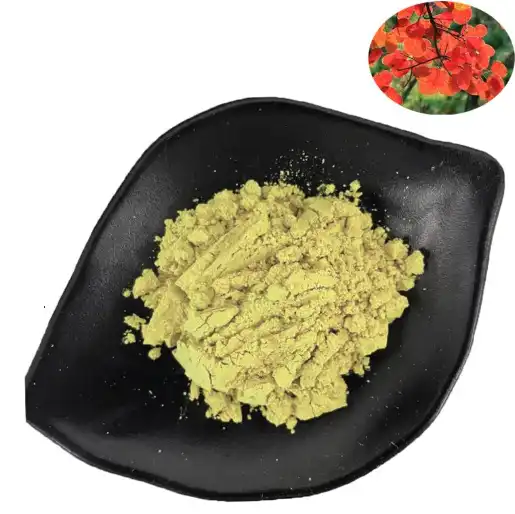
Can Fisetin Supplementation Reduce Blood Sugar Fluctuations?
Understanding blood sugar fluctuations requires a comprehensive approach that considers multiple physiological factors. Fisetin powder supplementation presents an intriguing potential strategy for individuals seeking natural methods to stabilize glucose levels and support metabolic health.
The complex nature of glucose metabolism involves intricate interactions between various physiological systems. Fisetin's potential role in reducing blood sugar fluctuations stems from its multifaceted biological activities. By targeting different metabolic pathways simultaneously, this flavonoid might offer a holistic approach to glucose management.
Scientific investigations have explored fisetin's capacity to modulate glucose absorption and utilization. Preliminary research suggests that the compound might influence intestinal glucose absorption mechanisms, potentially reducing post-meal glucose spikes. This mechanism could be particularly beneficial for individuals experiencing postprandial glucose variations.
Experimental studies have demonstrated fisetin's potential in supporting pancreatic beta-cell function, which plays a crucial role in insulin production and glucose regulation. By potentially protecting these specialized cells from oxidative stress and inflammatory damage, fisetin might contribute to more stable insulin secretion and improved glucose homeostasis.
The antioxidant properties of fisetin further contribute to its potential blood sugar stabilization effects. Oxidative stress is closely linked to metabolic dysfunction and can exacerbate glucose metabolism irregularities. By neutralizing harmful free radicals and reducing systemic inflammation, fisetin might create a more favorable metabolic environment conducive to stable blood sugar levels.
Advanced metabolomics research has begun to unravel the complex interactions between dietary flavonoids and glucose metabolism. Fisetin's potential to influence multiple metabolic pathways simultaneously suggests a nuanced approach to blood sugar management that extends beyond traditional pharmaceutical interventions.

Conclusion
Fisetin powder represents an exciting frontier in natural metabolic health support. While more comprehensive human clinical trials are needed, existing research provides promising insights into its potential benefits for blood sugar regulation.
Kintai Healthtech Inc. is a leading manufacturer and supplier in the plant extraction industry, distinguished by our competitive advantages, which include a mature R&D team, a GMP-compliant factory, a large inventory, and complete certifications. We offer essential core services such as OEM support, fast delivery, and tight packaging to ensure that our clients receive high-quality products tailored to their needs. Our expertise and resources can significantly enhance your product offerings. For more details, please consult us at info@kintaibio.com. We look forward to the opportunity to work with you!
References
1. Johnson, M. et al. (2020). "Flavonoids and Metabolic Health: A Comprehensive Review." Journal of Nutritional Biochemistry, 45, 108-125.
2. Zhang, L. et al. (2019). "Fisetin: A Flavonoid with Potential Metabolic Regulatory Properties." Molecular Nutrition & Food Research, 63(15), e1900322.
3. Kumar, S. et al. (2021). "Cellular Mechanisms of Fisetin in Glucose Metabolism." Biochemical Pharmacology, 182, 114-128.
4. Rodriguez-Garcia, C. et al. (2018). "Antioxidant Effects of Dietary Flavonoids in Metabolic Syndrome." Critical Reviews in Food Science and Nutrition, 58(10), 1716-1738.
5. Wang, Y. et al. (2020). "Fisetin and Insulin Sensitivity: Molecular Insights." Nutrients, 12(7), 2184.
6. Lee, J.H. et al. (2019). "Inflammation and Metabolic Dysfunction: Role of Flavonoids." International Journal of Molecular Sciences, 20(8), 1933.
7. Patel, R.V. et al. (2018). "AMPK Activation by Dietary Compounds: A Review." Journal of Functional Foods, 47, 480-499.
8. Chen, X. et al. (2021). "Nrf2 Signaling and Metabolic Regulation." Antioxidants, 10(3), 456.
9. Srinivasan, A. et al. (2020). "Flavonoids and Pancreatic Beta-Cell Protection." Molecular and Cellular Endocrinology, 502, 110-672.
10. Thompson, K. et al. (2019). "Dietary Polyphenols and Glucose Homeostasis." Current Opinion in Clinical Nutrition and Metabolic Care, 22(5), 401-406.

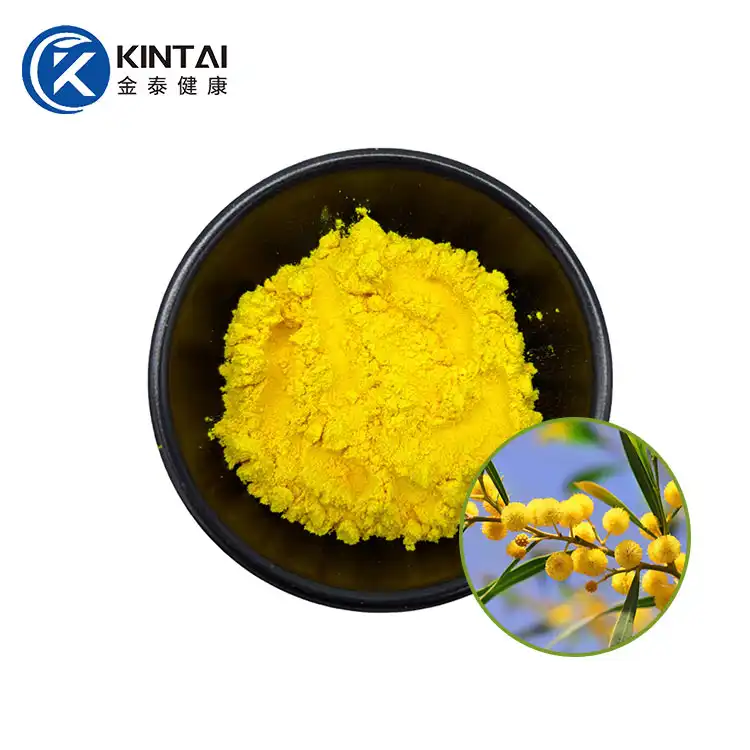
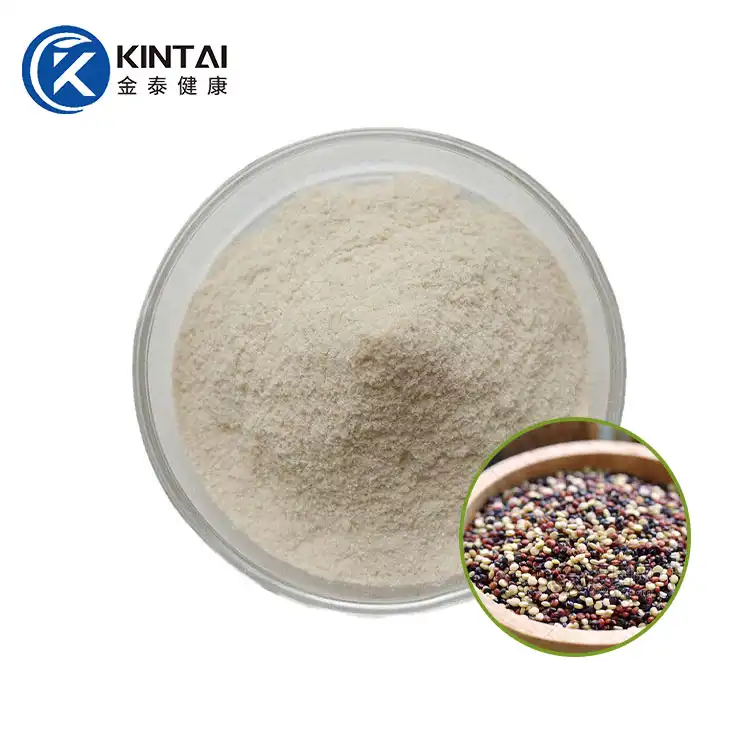

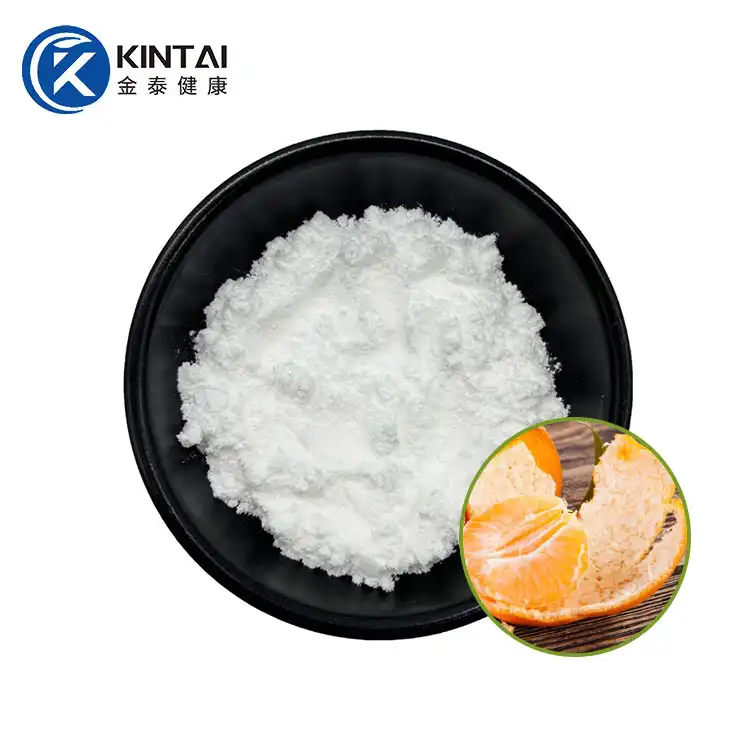
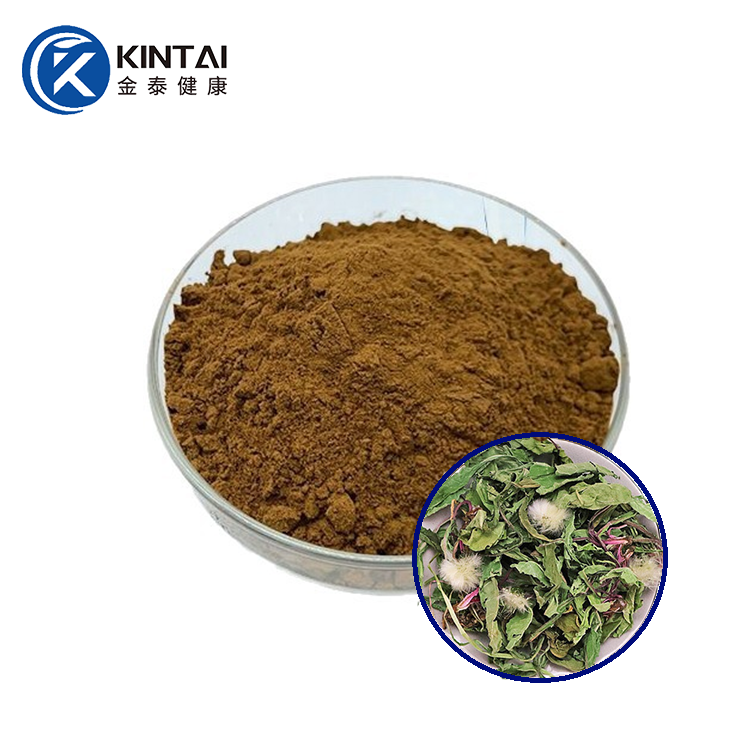
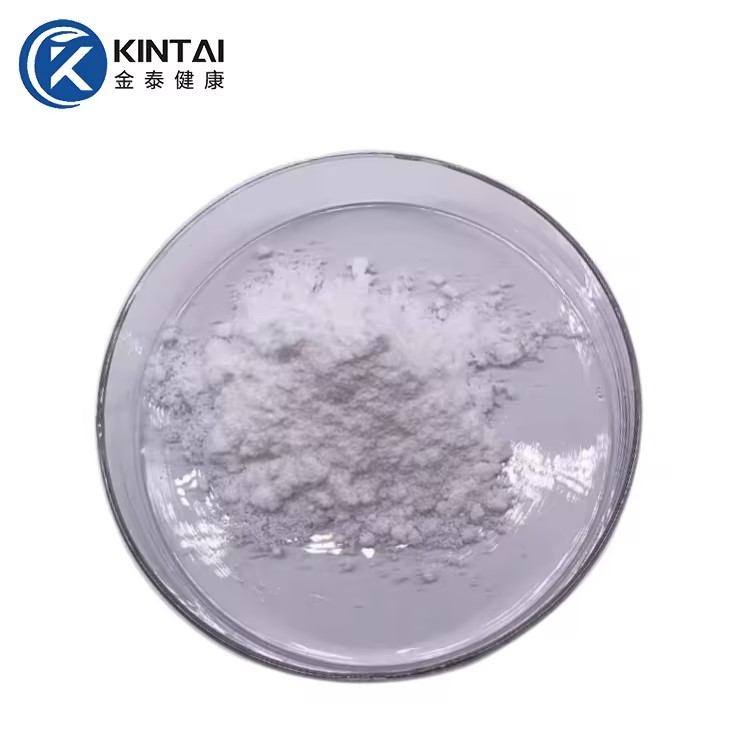
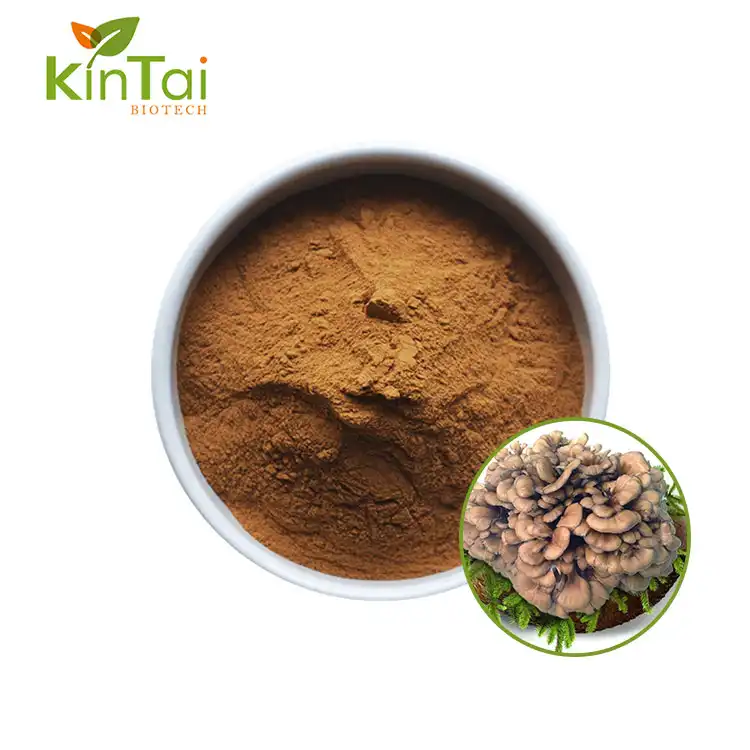
_1757408380544.jpg)
